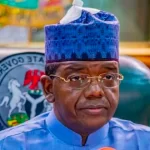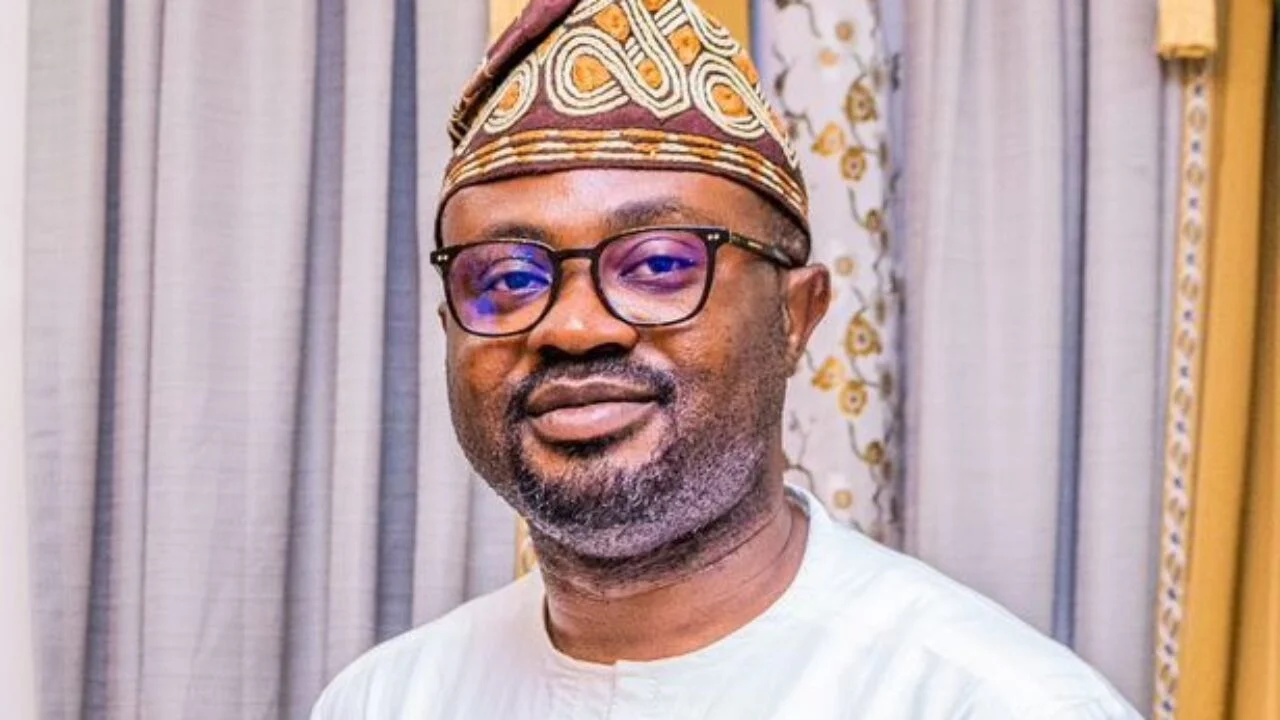A former Governor of the Central Bank of Nigeria, Muhammad Sanusi II, said the mounting debt profile of the country is no longer sustainable in the face of current harsh economic realities created by former President Muhammadu Buhari administration.
To this end, Sanusi, who is the 14th Emir of Kano, advised President Bola Ahmed Tinubu to opt for selling up to 15 per cent of the NNPC Limited stakes and use the proceed to settle part of the Nigeria’s debt which rose to N46.2 trillion at the end of 2022 from N12 trillion in 2015 when Buhari became the President.
Sanusi, who blamed Buhari for present economic woes, gave the advice on Wednesday while delivering a keynote address at a conference on debt, development and climate challenges in Nigeria organised by Heinrich Boll Foundation in Abuja.
He said: “ I’m sure, we are aware that we have to sell some national assets to reduce debt because that’s the only way you can create the fiscal space to do the kinds of things you want to do.”
When asked by DAILY COMMERCE how the government could fund the budget deficit and build infrastructure without taking loans in the face of dwindling revenue, Sanusi responded, “The government should sell between 14 and 15 percent of NNPC shares to reduce debt”.
Further, Sanusi, who addressed the conference via Zoom, noted that between Q1 2015 and Q4 2023, real GDP growth averaged only 1.37% which is below the rate of population growth and indicating a high level of poverty in the country.
“About a year ago, I pulled up some numbers and I was shocked to realise that our capital income in dollar terms at the end of the Buhari administration had gone back to where it was when he left us in 1985. So he had basically wiped out all the progress we made in 35 years, in those eight years.
“We were at about $2,200 (Per capita income) when he left. We had gone up to over $3,000. And by the time he left again (in 2023), we had gone back to $2,000. So he basically wiped out all progress made in 35 years.
“We basically have to start all over again from 1985. And that, I think, tells you how bad the situation is,” Sanusi emphasized.
On climate financing, Sanusi said, we need to prioritise climate change issues and integrate them into national development plans, policies and budgets.
“We need to increase budget allocation to climate change initiatives, establish a dedicated national climate change fund that can pull resources from domestic and international sources, collaborate with regional bodies such as ECOWAS and engage in international climate change negotiations.
“We need to seek support from international climate finance mechanisms such as the Green Climate Fund, Global Environment Facility and Climate Investment Funds.
“We need to have private sector engagement by encouraging private sector entities to invest in climate friendly projects, foster collaboration between government and private sector and encourage the issuance of green bonds by Nigerian companies,” he said.
The conference was organised in collaboration with African Network for Environment and Economic Justice, the Center for the Study of Economies in Africa, the Civil Society Legislative Advocacy Center, Good Governance Team and the Centre for Climate Change Development.










